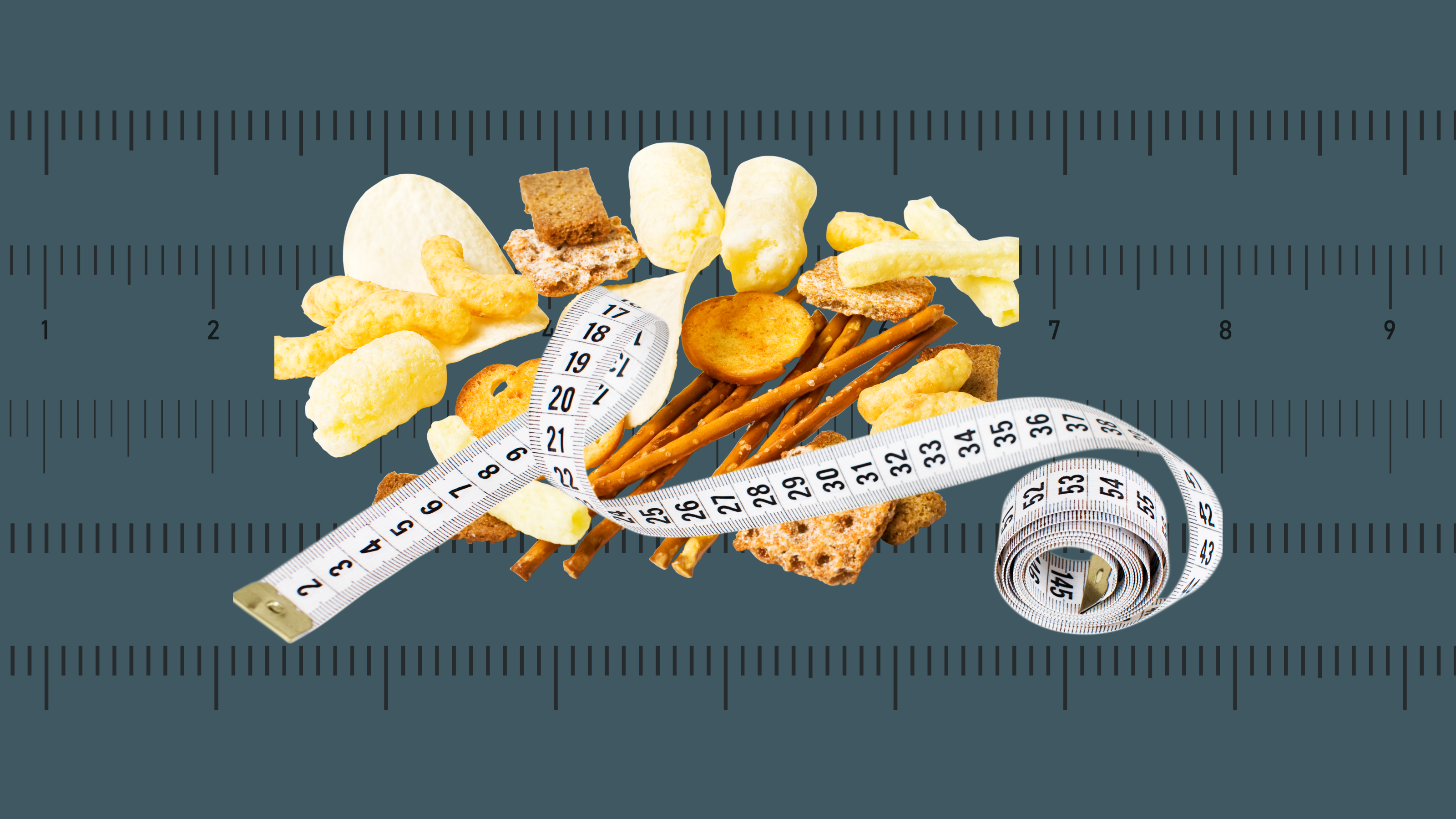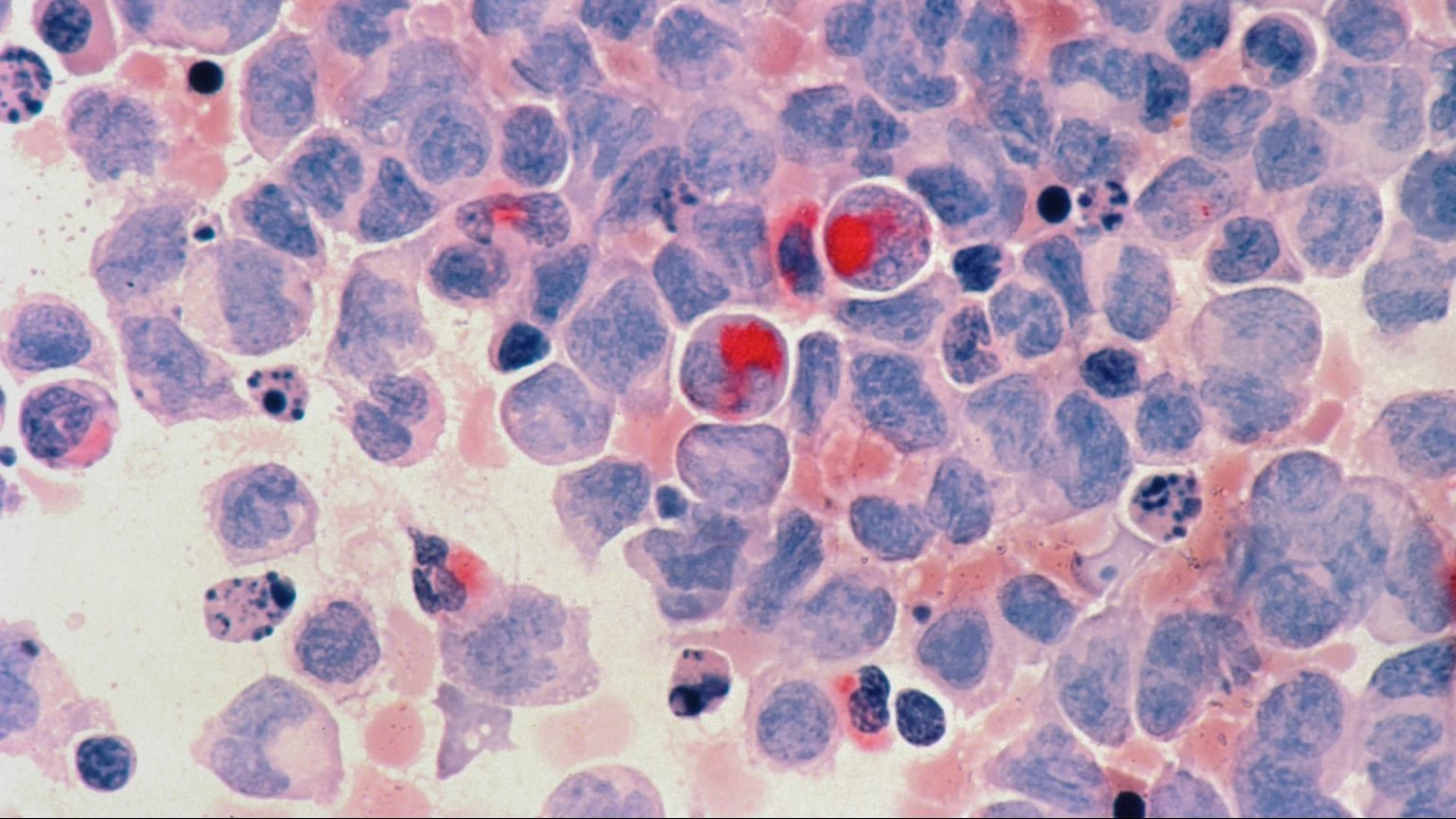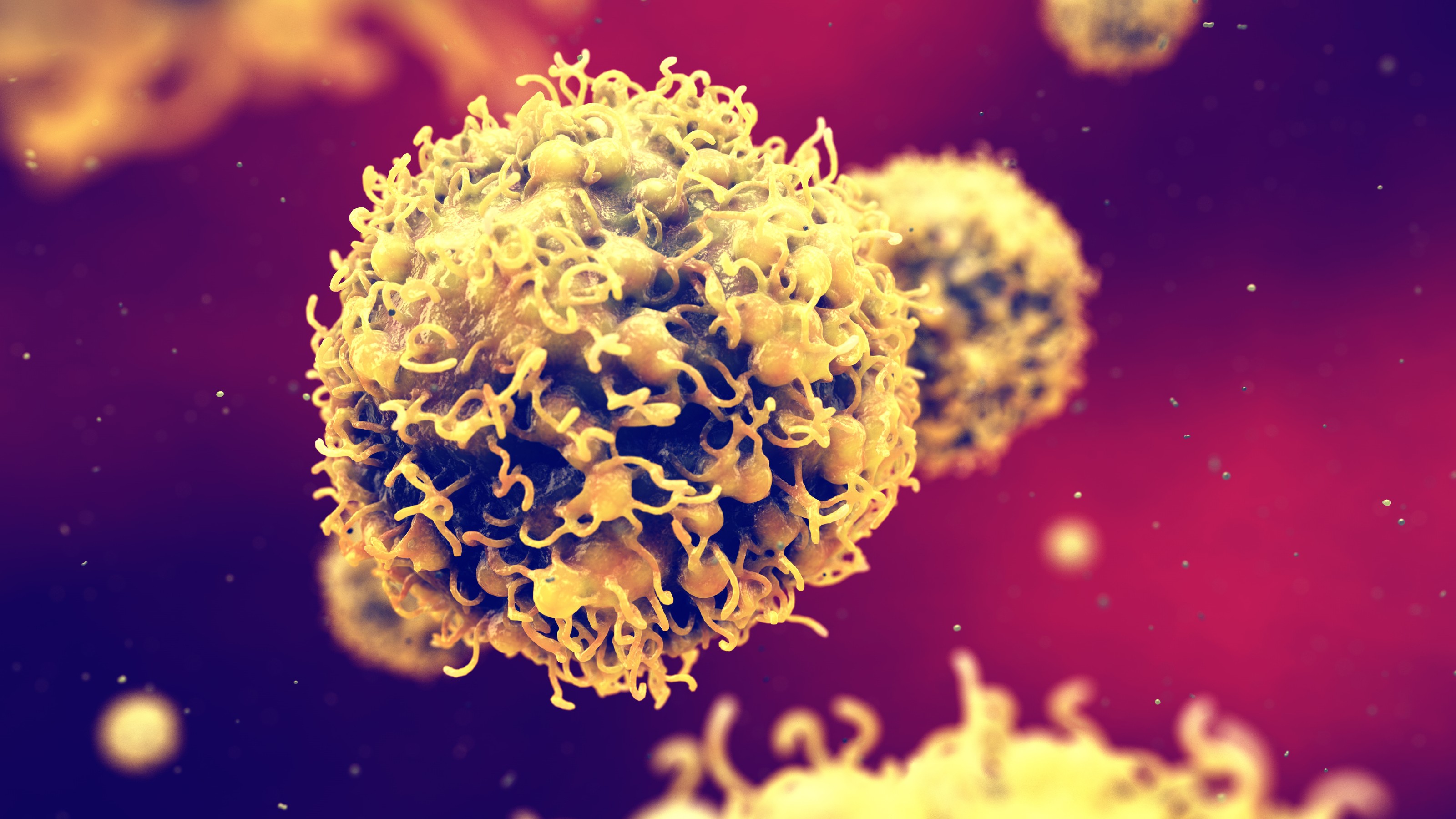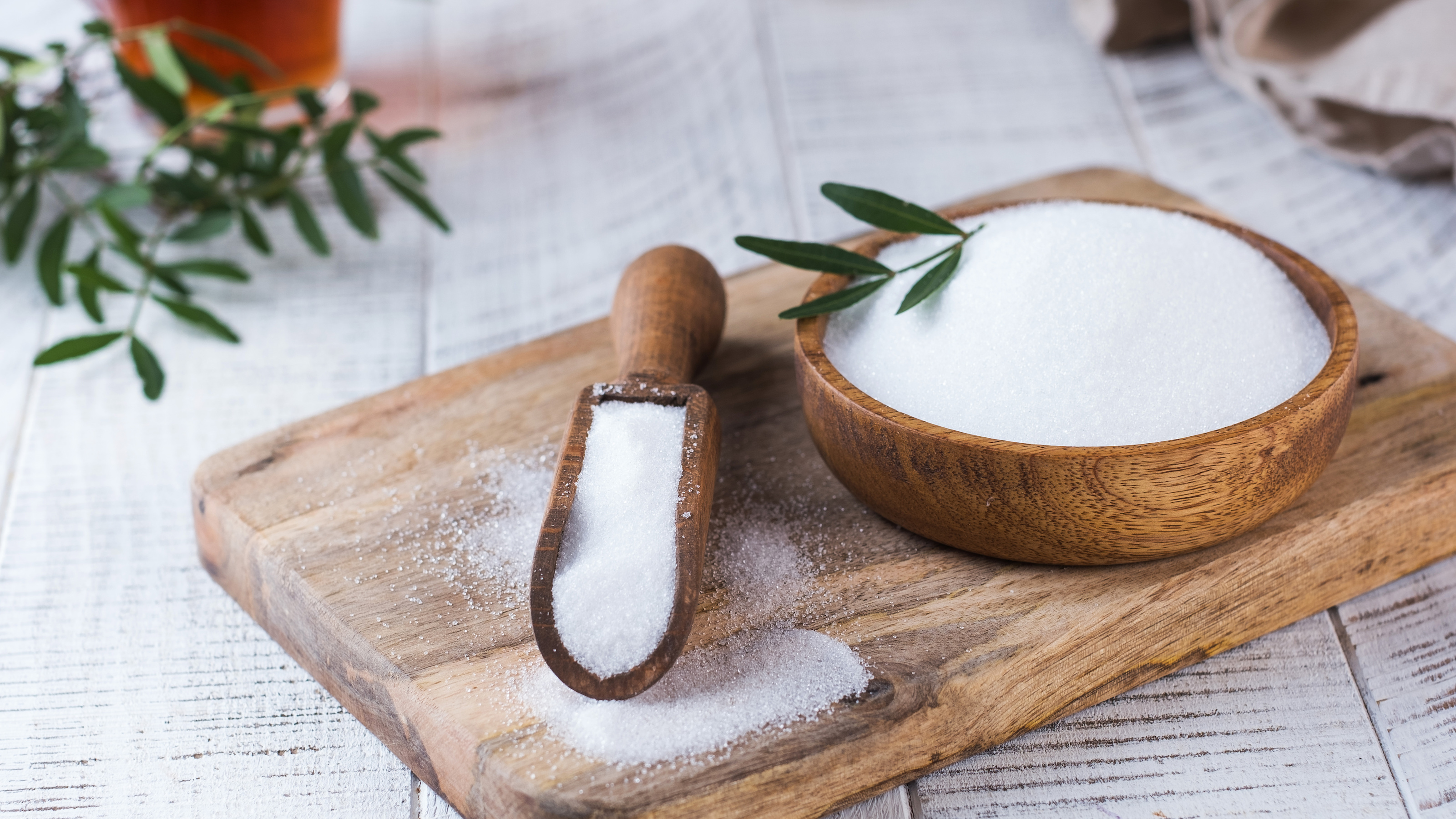Diet soda, aspartame, and artificial sweeteners aren’t giving you cancer
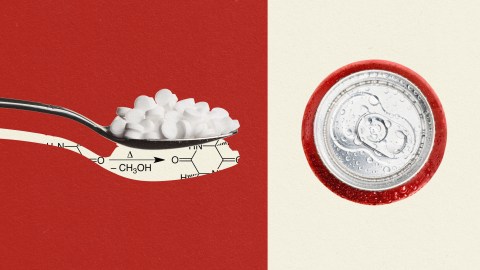
- On Friday, the International Agency for Research on Cancer (IARC) classified the non-nutritive sweetener aspartame, commonly found in diet sodas, as “possibly carcinogenic.”
- The classification, however, is based on tenuous data. Moreover, IARC is known for focusing on hazard over risk, poorly communicating the important distinction between the two, and sowing confusion.
- The actual risk of aspartame causing cancer is extremely low. The health consequences of consuming large amounts of added sugar — including diabetes and obesity — dwarf any theoretical cancer risk from aspartame.
Last Friday, the International Agency for Research on Cancer (IARC), which is part of the World Health Organization, classified aspartame, a non-nutritive sweetener widely used in diet sodas, as “possibly carcinogenic to humans.” Other substances that share the designation include gasoline, diesel fuel, engine exhaust, chloroform, DDT, and lead. But despite aspartame’s inclusion among that ominous cadre of chemicals, you can continue drinking diet sodas almost entirely worry-free. Here’s why.
IARC is terrible at science communication
IARC’s cancer classifications may be one of the greatest failures of science communication in the world. The agency reports “hazard” (that is, whether a substance could be dangerous) rather than “risk” (that is, the magnitude of any potential danger). By declaring aspartame as “possibly carcinogenic,” people around the world interpret that message as, “Diet sodas are causing cancer.” As always, context is everything, and IARC’s designations mostly leave that out.
Numerous studies over the years have probed whether aspartame is linked to a higher risk of cancer. The resulting data is essentially a wash. Some studies found a small increased risk, while others found no correlation. Trials in rodents do show that consuming inordinately large amounts of aspartame can cause cancer, but this is true for many chemicals eaten in extreme excess. That’s why the Joint FAO/WHO Expert Committee on Food Additives (JECFA) reasonably warns people against consuming more than 40 milligrams of aspartame per day per kilogram of body weight. For a 200-pound person, that’s equivalent to drinking 18 cans of diet soda.
“And even this ‘acceptable daily intake’ has a large built-in safety factor,” Sir David Spiegelhalter, an emeritus professor of statistics at the University of Cambridge, told the Science Media Center. In other words, the 40 mg/kg/day guideline is a conservative estimate; you could probably consume much more and be just fine. In fact, the JECFA considered the same evidence on aspartame and cancer that IARC did and concluded that the evidence for a link is not convincing, an opinion shared by the U.S. Food and Drug Administration.
Obesity risk vs. cancer risk
The IARC’s classification of aspartame as a possible carcinogen undoubtedly will cause a PR headache for food companies utilizing the compound, and perhaps prompt them to reformulate their products to avoid the risk of opportunistic lawsuits. The move unfortunately also may lead drinkers of diet sodas to choose sugar-laden options instead. Physician Walter Willett of the Harvard T.H. Chan School of Public Health told NPR that would be the “worst possible decision.” The health consequences of consuming large amounts of added sugar — including diabetes and obesity — dwarf the remote cancer risk from aspartame.
The simple truth is that every decision in your life affects your risk of cancer, from how much you sleep, to what you eat for breakfast, to whether you ride your bike or drive to work. How we balance that equation is up to each of us. Some decisions, like smoking and using tanning beds, increase the risk of cancer dramatically. Others, like eating right and exercising, clearly lower it. Many more, like using aloe vera, eating pickled vegetables, and drinking diet sodas, have such a small effect — if any — that it’s not really worth worrying about.
